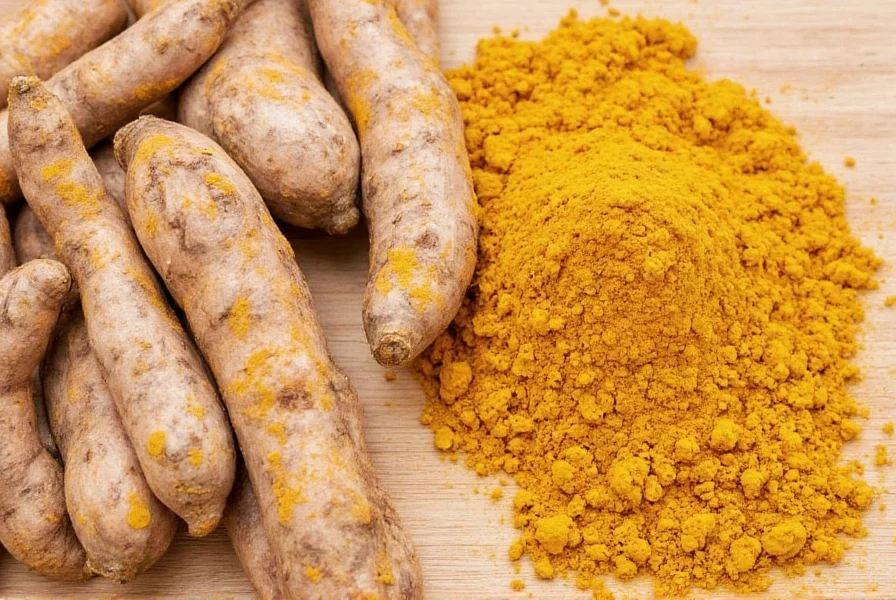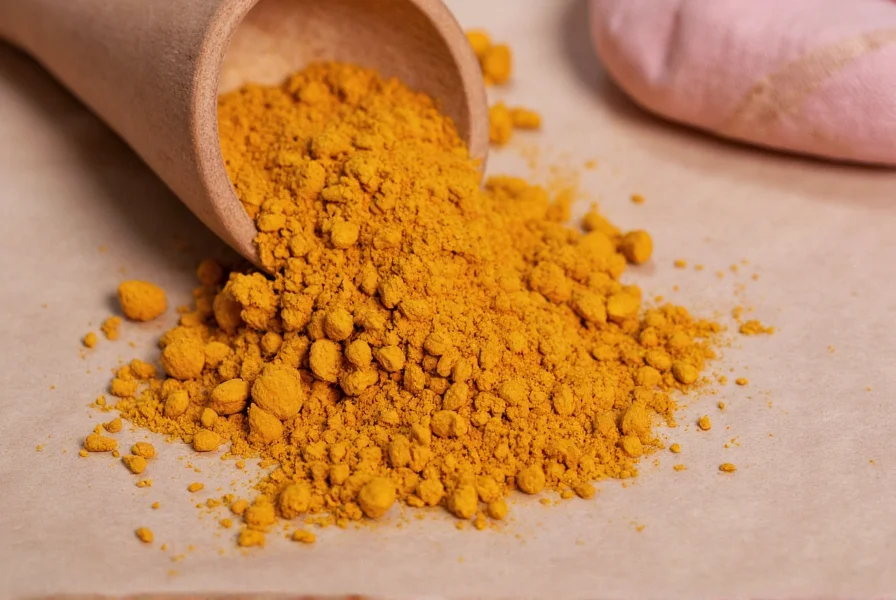Many nursing mothers explore natural remedies to support their health during breastfeeding. Turmeric, with its active compound curcumin, has gained popularity for its potential anti-inflammatory and antioxidant properties. Understanding the relationship between turmeric consumption and breastfeeding requires examining current scientific evidence and safety considerations.
Understanding Turmeric and Its Components
Turmeric (Curcuma longa) is a bright yellow spice commonly used in cooking, particularly in South Asian cuisine. The primary active component, curcumin, accounts for approximately 2-8% of turmeric's composition and is responsible for most of its studied health benefits. When evaluating is turmeric safe while breastfeeding, it's important to distinguish between culinary use and therapeutic supplementation.
Safety Profile for Nursing Mothers
According to the National Institutes of Health's LactMed database, turmeric consumed as a spice in normal food amounts is considered compatible with breastfeeding. The limited research available suggests minimal transfer of curcumin into breast milk when consumed in typical dietary quantities.
However, the safety profile changes when considering turmeric supplements and nursing mothers. Concentrated curcumin supplements deliver significantly higher doses than culinary use, and research on their effects during lactation remains limited. Most clinical studies examining turmeric's therapeutic effects exclude breastfeeding women, creating a knowledge gap regarding high-dose supplementation.
| Form of Turmeric | Typical Consumption | Considerations for Nursing Mothers |
|---|---|---|
| Culinary spice | 1/4-1 teaspoon daily in cooking | Generally recognized as safe; minimal transfer to breast milk |
| Turmeric tea | 1-2 cups daily | Monitor baby for any changes; consult provider if concerns arise |
| Curcumin supplements | 500-2000 mg daily | Insufficient research; consult healthcare provider before use |
Potential Benefits and Limitations
Some nursing mothers consider turmeric for postpartum recovery support due to its anti-inflammatory properties. Limited evidence suggests potential benefits for general wellness, but specific research on turmeric benefits for lactating women remains scarce.
It's crucial to understand that many claimed benefits of turmeric supplements are based on studies that didn't include breastfeeding participants. The does turmeric affect breast milk question requires more targeted research before definitive conclusions can be drawn about therapeutic supplementation.

Safety Considerations and Potential Concerns
While culinary turmeric poses minimal risk, higher doses may cause:
- Gastrointestinal discomfort (in mother)
- Potential interactions with blood-thinning medications
- Increased risk of gallbladder issues for susceptible individuals
- Unpredictable effects on milk supply (anecdotal reports only)
Mothers with autoimmune conditions should exercise particular caution, as turmeric's immune-modulating effects could potentially interact with existing conditions. The turmeric supplements and nursing mothers relationship requires careful consideration of individual health circumstances.
Recommended Approach for Nursing Mothers
For those wondering how much turmeric can I take while nursing, the following guidelines are recommended:
- Stick to culinary amounts (up to 1 teaspoon daily) as part of a balanced diet
- Avoid high-dose supplements without medical supervision
- Introduce turmeric gradually and monitor your baby for any changes
- Choose whole turmeric over isolated curcumin supplements when possible
- Combine with black pepper (in moderation) to enhance absorption
When preparing turmeric tea safety during breastfeeding should be considered. A single cup of turmeric tea made with 1/2 teaspoon of turmeric root or powder is generally acceptable, but excessive consumption should be avoided.
When to Consult Your Healthcare Provider
Before incorporating significant amounts of turmeric into your diet while nursing, consult your healthcare provider if you:
- Have a history of gallbladder problems
- Take blood-thinning medications
- Have a bleeding disorder
- Experience unusual symptoms after consuming turmeric
- Notice changes in your baby's behavior or digestion
Your healthcare provider can help determine whether turmeric and nursing is appropriate for your specific situation, considering your complete medical history and current medications.
Practical Incorporation Tips
For nursing mothers interested in enjoying turmeric safely:
- Add 1/4-1/2 teaspoon to soups, stews, or rice dishes
- Make golden milk with turmeric, cinnamon, and a small amount of black pepper
- Use fresh turmeric root in smoothies (peel and grate 1/2 inch)
- Combine with healthy fats (like coconut milk) to improve absorption
- Start with small amounts and gradually increase as tolerated
Conclusion
The relationship between turmeric consumption and breastfeeding requires thoughtful consideration. While culinary use presents minimal risk, therapeutic supplementation lacks sufficient research for definitive safety conclusions during lactation. Nursing mothers should prioritize whole food sources over supplements, monitor their babies for any changes, and always consult healthcare professionals before starting any new supplement regimen. The current evidence supports moderate culinary use of turmeric as part of a balanced diet for most breastfeeding women.
Frequently Asked Questions
Can I drink turmeric tea while breastfeeding?
Yes, you can drink turmeric tea while breastfeeding in moderation. One cup daily made with 1/2 teaspoon of turmeric is generally considered safe. Avoid excessive consumption as higher amounts haven't been sufficiently studied for nursing mothers. Monitor your baby for any changes in digestion or behavior after consuming turmeric tea.
Does turmeric increase breast milk supply?
There's no scientific evidence that turmeric increases breast milk supply. While some traditional practices suggest certain spices may support lactation, turmeric specifically hasn't been studied for this purpose. If you're concerned about milk supply, consult a lactation specialist rather than relying on unproven remedies.
How much turmeric is safe while breastfeeding?
As a spice in food, up to 1 teaspoon of turmeric daily is generally considered safe during breastfeeding. This equates to approximately 200-400 mg of curcumin. For therapeutic supplementation, there's insufficient research to establish safe limits, so always consult your healthcare provider before taking turmeric supplements while nursing.
Can turmeric cause allergies in breastfed babies?
While rare, it's possible for components of turmeric to pass into breast milk and potentially cause reactions in sensitive babies. Signs of possible reaction include rash, diarrhea, or increased fussiness. If you notice these symptoms after consuming turmeric, stop using it and consult your pediatrician. Most babies tolerate maternal consumption of culinary turmeric without issues.
Should I avoid turmeric if I'm taking postpartum medications?
You should consult your healthcare provider about potential interactions between turmeric and any postpartum medications you're taking. Turmeric may interact with blood thinners, diabetes medications, and certain antidepressants. Your provider can help determine if culinary amounts are safe or if you should avoid turmeric completely while on your specific medication regimen.











 浙公网安备
33010002000092号
浙公网安备
33010002000092号 浙B2-20120091-4
浙B2-20120091-4